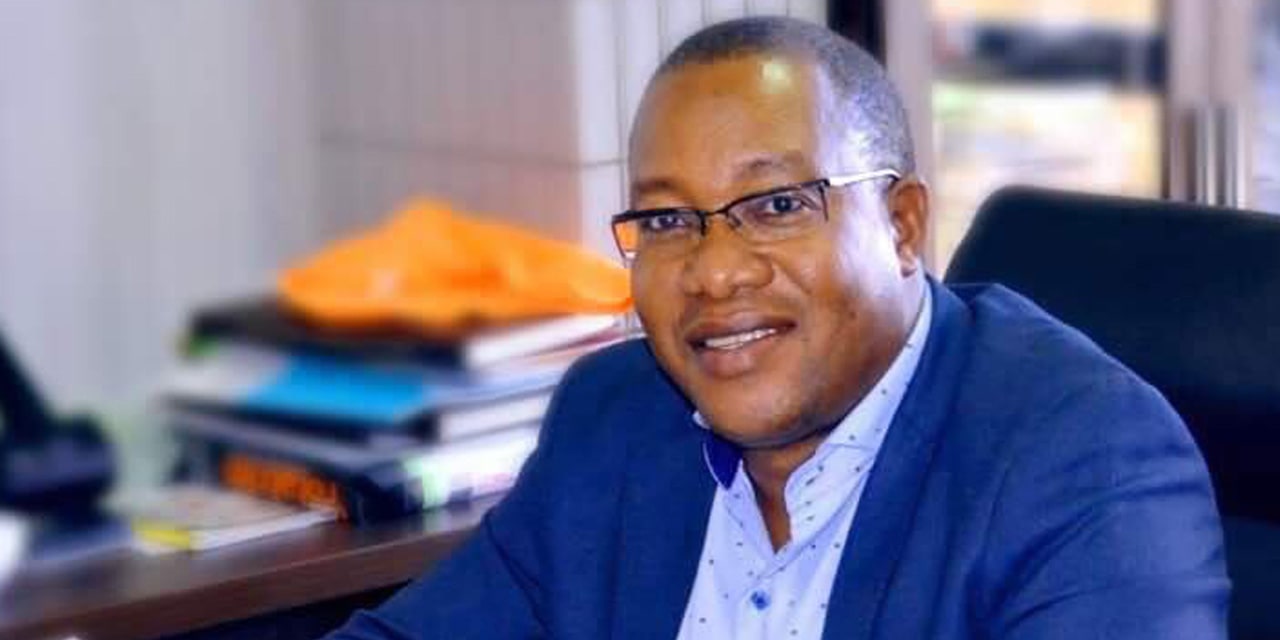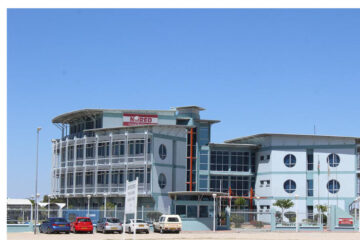Niël Terblanché
In order to significantly boost healthcare services in Otjiwarongo, a new N$6 million clinic will soon rise in the Ombili informal settlement.
This project, generously funded by B2Gold Namibia, aims to upgrade the existing health post centre to a full-service clinic.
The announcement was made during a ground-breaking ceremony where Ben Nangombe, the Executive Director of the Health and Social Services Ministry, highlighted the benefits of the new facility.
According to Nangombe, the Ombili Clinic will alleviate the existing pressures faced by the Otjiwarongo Hospital and the Orwetoveni Clinic.
“Additionally, it will reduce the travel distance for residents in need of medical services, particularly those from the Tsaxara-Aibes, Telecom, and DRC neighbourhoods,” he said.
He said that previously, in 2007, the Ombili Clinic served as a Tuberculosis (TB) Directly Observed Therapy service point.
“The upgrade is set to expand its services dramatically, thereby enhancing the quality of life for the community. Otjiwarongo Mayor Gottlieb Shivute expressed optimism that the new clinic will significantly improve local healthcare standards,” he said.
According to Nangombe, the funding for the new clinic is part of a broader N$16 billion government funding project aimed at revitalizing Namibia’s health sector.
He said the plan includes the construction of new district hospitals in Windhoek, Otjiwarongo, Nkurenkuru, and Ondangwa, as well as the procurement of medicines, medical equipment, and ambulances, as well as the recruitment of additional staff.
John Ross, the Country Manager for B2Gold Namibia, said the clinic’s upgrade is part of the mining company’s commitment to community development.
“The investment is expected to bring substantial health and economic benefits to the area,” he said.
The need for improved healthcare infrastructure was further stressed by Otjozondjupa Regional Governor, James Uerikua, who advocated for an urgent referral hospital in Otjiwarongo to address the high incidence of motor vehicle accidents along the B1 Road.
“This road, which connects Okahandja to Otavi via Otjiwarongo, is a known high-risk area that adds significant strain on local medical facilities,” he said.
Uerikua also stressed the critical need for more ambulances to support the region’s four district hospitals, 26 health centres, and 19 clinics.
Meanwhile, Nangombe disclosed that plans to increase the number of intensive care units nationwide are underway, with the procurement of additional ambulances nearing completion.
He also noted recent upgrades at the Okakarara Hospital, including renovations to the laundry room and kitchen and installing solar heating systems and a water-softening plant.
According to Nangombe, the establishment of the new Ombili Clinic is poised to mark a new era in healthcare access and quality for the residents of Otjiwarongo.




